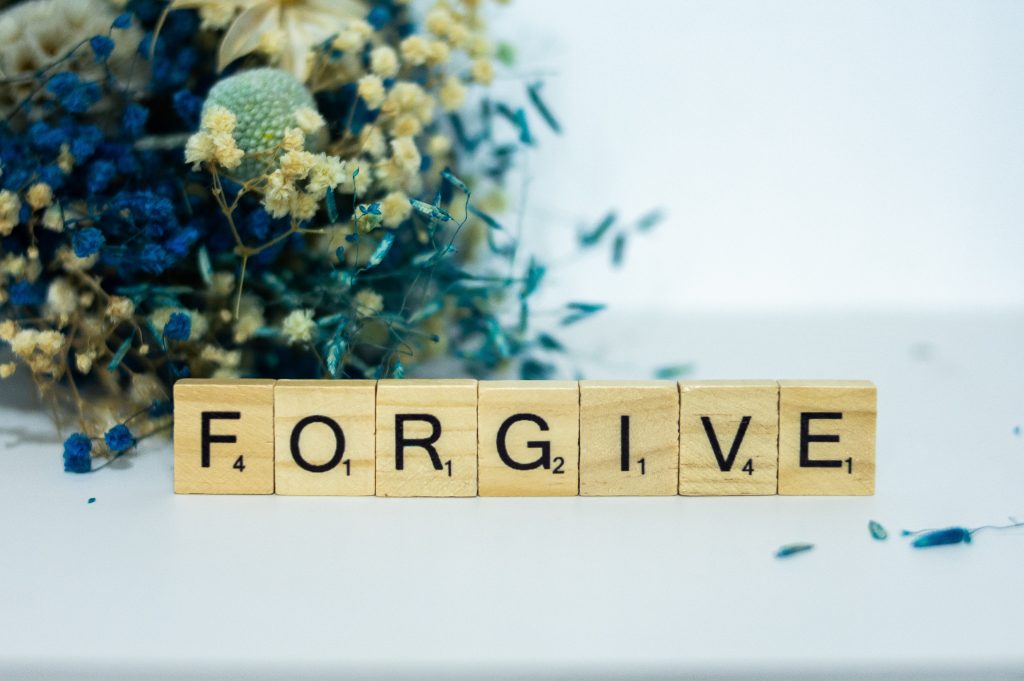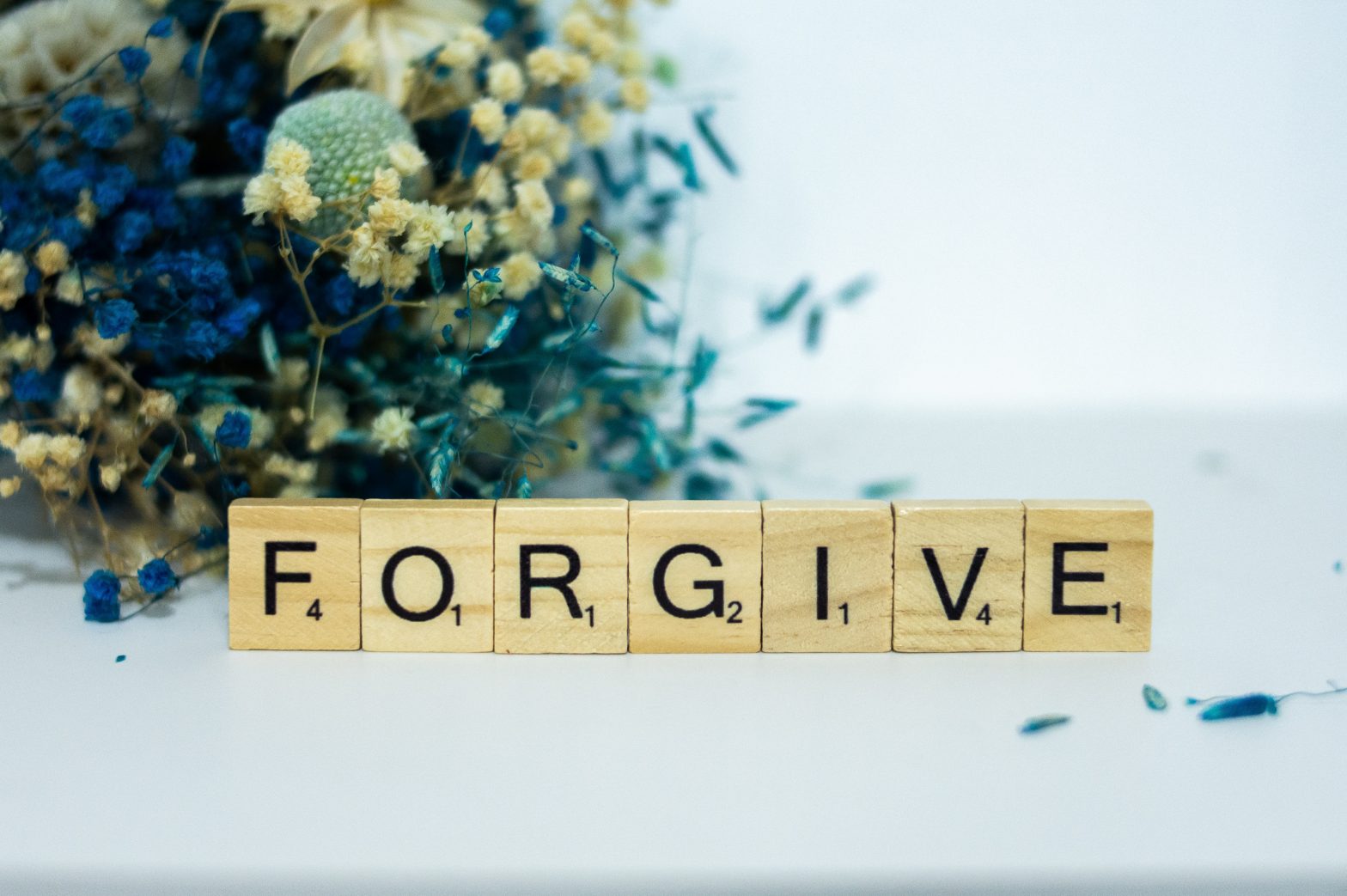
I understand. I guess what I’m asking is: When do I forgive? As time moves on, as it apparently has in your case, when do we forgive and move on? It seems the sin will never be acknowledged. Or, in other cases, it can not be … in the case of death of the offender, or legal restraints, or for safety’s sake. When do I forgive and move on? – Don (commenting on “The Doormat Is Not the High Ground“)
Forgiveness does not require the acknowledgement of wrong on the part of the abuser. It only requires the faithful spouse choosing to hand over his/her rightful claim for retribution to God who is a merciful, wise, and righteous Judge (e.g. “Dearly beloved, avenge not yourselves, but rather give place unto wrath: for it is written, Vengeance is mine; I will repay, saith the Lord” – Romans 12:19, NIV).
Put another way: Forgiveness is a unilateral decision. It just takes one. Reconciliation and restoration of the relationship takes two. Evidence of repentance, like confession of wrongdoing and restitution, usually are required on the part of the abuser in order to restore the relationship they damaged/destroyed. This is why I strongly discourage restoration of a marriage where true confession and acknowledgement of damage is not evident in the adulterer/adulteress. Spiritually speaking, I consider such relationships still broken without confession and restitution having taken place.
Forgiveness is not optional for a follower of Christ (see Mt 6:13-14). This is true no matter the heinousness of the offence. We are called to forgive.
When do I forgive?
I suggest starting the process as soon as possible. And it is a process likely to take a long time as the deeper the soul wound, the longer the healing. Adulterous betrayal is a very deep soul wound.
Practically speaking, this healing will likely have to take place without the help of your adulterous spouse from what I gather. A good way to start the process is to write down what wrongs were done to you. This gives you a place to acknowledge the wrongs physically (by writing) and provides you a way to validate your feelings around these wrongs.
This past weekend my wife and I listened to the testimony of William Paul Young who wrote The Shack. He was the victim of sexual abuse as a child. One way he suggested dealing with such deep sin was to confront the abuser in person with what they did wrong accompanied by some good friends. This would be to follow Matthew 18 principles. If the abuser is too dangerous or dead, Young suggested putting out an empty chair and in the presence of some trusted friends reading out the list of wrongs verbally then verbally forgiving the person. These are just a few ritualistic suggestions to help one move on.
Another practical suggestion is to write out the wrongs and burn them after reading them aloud somewhere. Or you could write out the wrongs and delete the document in an act of forgiveness. Or possibly you could tear up the letter after you had read it aloud. The important part in all these suggestions is to do something physical that acknowledges a wrong took place and that you have decided to forgive the wrongdoer entrusting him/her to God.
One thing I have done and do when I start down the road of wanting and ruminating on revenge is to lift my hand up as if to put a nail in the Cross as a way to remind myself that the sins of those people are forgiven. I chose and choose to forgive.
Be patient with yourself if you are not at the point where you can do this. I suggest starting by asking God to give you the grace to forgive.
Hope that helps!
DM
Republished with permission from Blogs.crossmap.com, featuring inspiring Bible verses about When do I forgive? – Divorce Minister.
